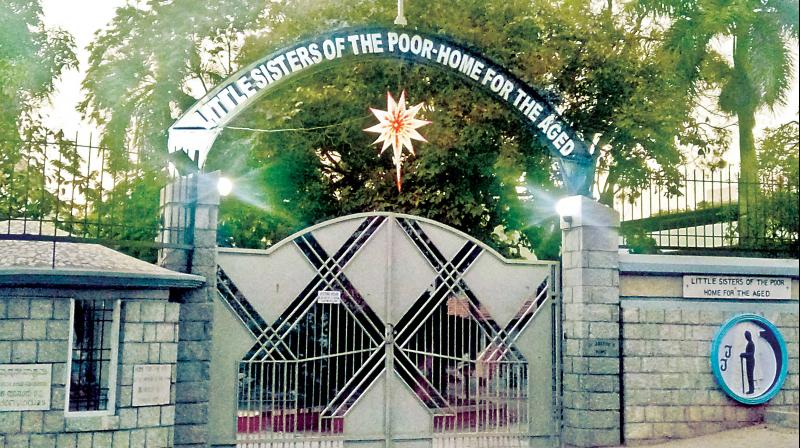No country for old people

The number of senior citizens is on the rise, with India Aging Report 2017 indicating that 9.2 % of the state's demographic is elderly. Over half this number lives either alone or with a spouse to care for them. As young people travel away from home to work, the services for the elderly, like affordable home healthcare are a growing problem. Agencies that source nurses are either unreliable or exorbitantly priced and only affluent hospitals have geriatric wards. Government policies exist, especially for BPL card holders but administrative shortcomings prevent these benefits from reaching the right people. Linking Aadhaar with pensions will only worsen the issue. With the average lifespan increasing, it's time to look at solutions, including PPP models, to ensure that our senior citizens are not deprived of their right to dignity.
Being old in IT City Bengaluru is not easy. While the young enjoy the vibrancy of the city and all its attractions, a good number of its old have a hard time getting medical care or even making a living.
Going by the India Aging Report 2017, 9.2 per cent of Karnataka’s population is elderly and of this number 5.3 per cent are either living alone or only with their spouse and have to take care of their material and physical needs on their own.
If 10.4 per cent of the elderly in Delhi are dependant on children or other caregivers, the number is as high as 19.6 per cent in Kerala. The number has increased over time in all states , but is relatively higher in Kerala, Andhra Pradesh and Karnataka since 2001. Sadly, the country’s inefficient public health care system has led to the mushrooming of an unregulated and very expensive private health care sector, which is particularly unaffordable for the elderly.
Read| GUEST COLUMN| Lifespan is increasing, but right to dignity is elusive
Take 65- year – old, D K Mukherjee , who is having a hard time finding a decent home nursing facility for his 90-year-old mother. Although he has paid a private agency to send him a nurse, it has not bothered to do so after the last one , who came for a day and then took off for the Christmas holidays although his mother needs 24 x 7 care. “We cannot afford the big names in home healthcare as they charge a bomb," Mr Mukherjee adds sadly. While the bigger agencies are unaffordable to most, even an average agency charges around Rs 19,000 to Rs 23,000 a month depending on the experience of the nurse sent, he reveals, pointing out, "For the middle class people this is a huge expense, in addition to the cost of medicines and doctor fee."
His plight is not just a one- off case as there are many such stories in the city of people finding it hard to look after their elderly in the absence of proper home nursing care. While the bigger agencies charge a huge fee, the smaller private agencies that provide more affordable home nursing care, are holding people to ransom with their poor services.
"Many nurses, who come home, want us to hire them privately despite being sent by these agencies," says another upset customer, who is having a hard time with home nursing care.
If financial problems and lack of proper health care services dog most of the elderly, six per cent of the old in rural areas and five per cent of the aged in urban areas are even worse off as they suffer from one or more disability with the most common being locomotive disability.
Sadly, only wealthy hospitals in the city have a geriatric ward, while the government hospitals have no such facility. "Even buses do not stop for the elderly. We cannot take this lightly," stresses Mr Sebastian Devaraj, who has been working with the elderly poor for the last 15 years.

